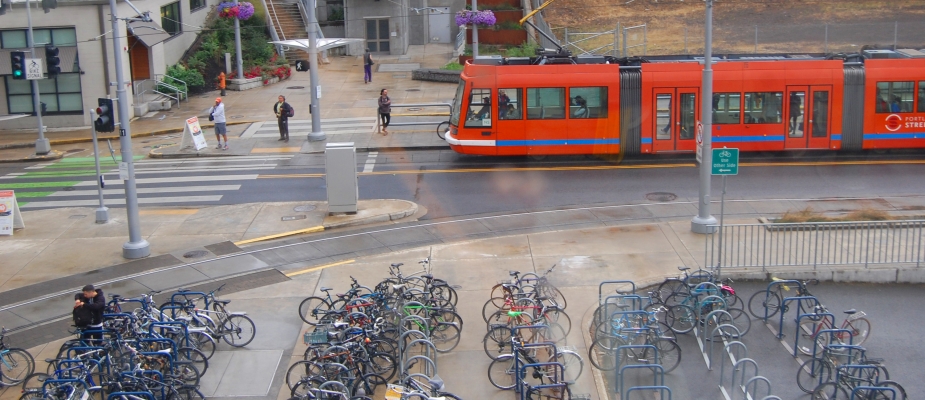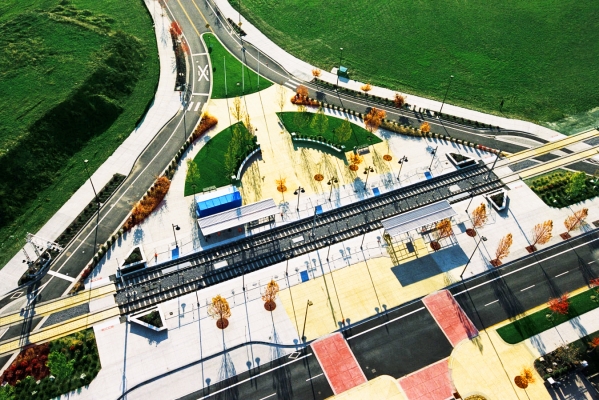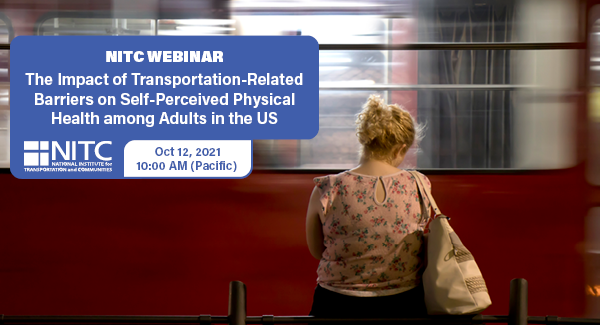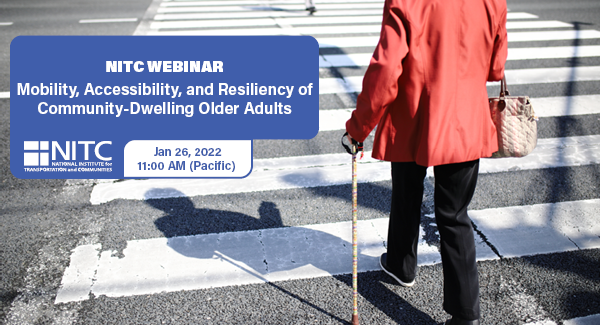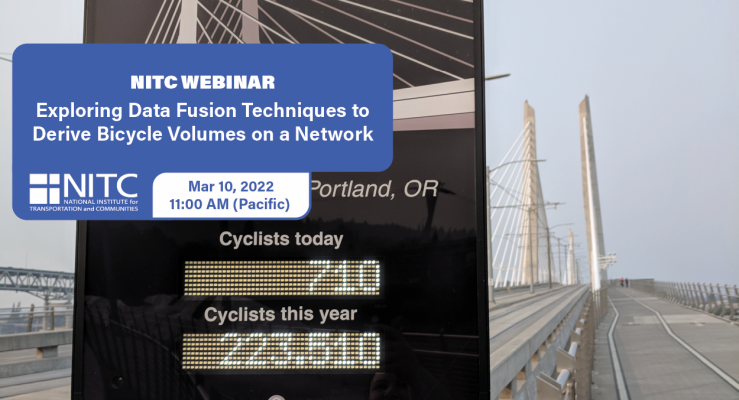The National Institute for Transportation and Communities (NITC) program has released its 2018 general research request for proposals. Faculty at NITC's partner universities* are invited to submit abstracts by April 2, 2018.
Through funding provided by the U.S. DOT, we will award at least $1 million under our general research grant in 2018 for projects that support NITC’s theme: improving mobility of people and goods to build strong communities. Our theme includes a few key topics:
- Increasing access to opportunities
- Improving multi-modal planning and shared use of infrastructure
- Advancing innovation and smart cities
- Developing data, models, and tools
Research projects must focus on transportation, with additional consideration given to projects that emphasize equity and diversity in their research and partnerships. We’re seeking projects that demonstrate a strong potential to move transportation research into practice, shape national and international conversations, and respond to the needs of practitioners and policymakers.
Priority is given to projects that are collaborative, multidisciplinary, multi-campus, and support the development of untenured-tenure-track transportation faculty.
Key Dates
- Abstracts due: April 2...
Read more
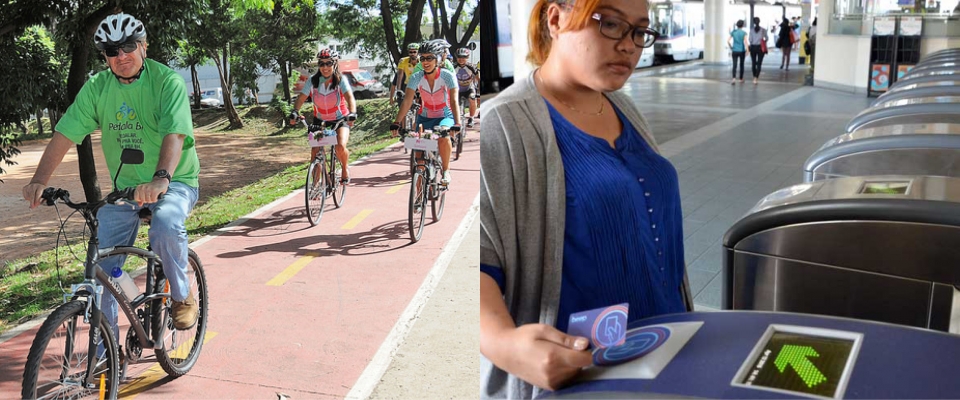
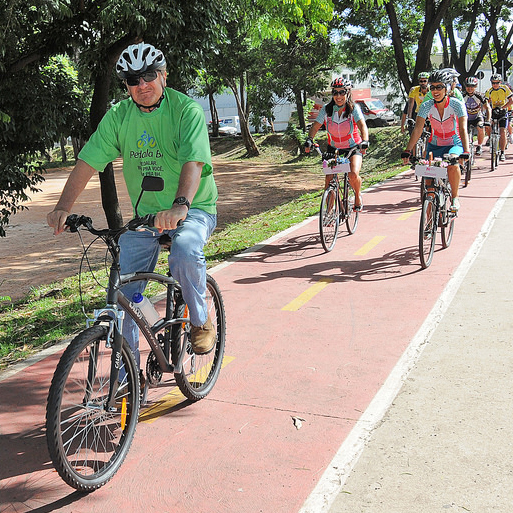 Exploring Data Fusion Techniques to Derive Bicycle Volumes on a Network
Exploring Data Fusion Techniques to Derive Bicycle Volumes on a Network


